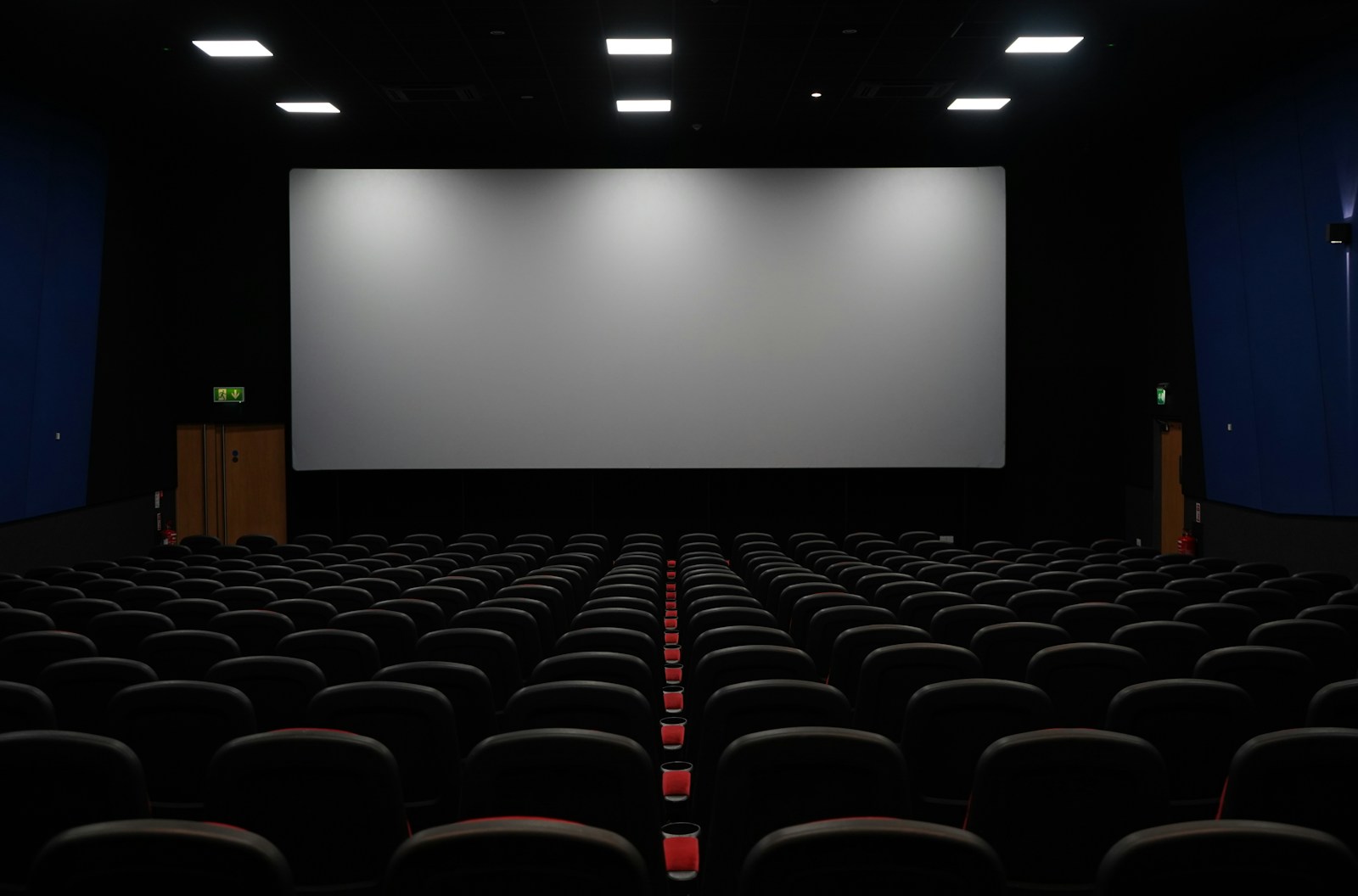No Outside Snacks, But Free Water Flows: PVR Wins Consumer Case

Introduction
The District Consumer Disputes Redressal Commission, Ernakulam, has recently delivered a notable decision in Sreekanth Indukkaparakkal v. PVR Cinemas & Ors.[1], addressing a consumer’s grievance against PVR Cinemas over restrictions on carrying outside food and beverages into multiplex premises. The complaint alleged that the prohibition on external consumables amounted to an unfair trade practice, compelling patrons to purchase overpriced in-house food. However, the Commission dismissed the complaint, holding that cinema theatres have the legal right to regulate entry conditions, including restricting outside food, provided they ensure free access to drinking water and make reasonable accommodations for special needs.
Table of Contents
Background of the Case
On 21st April 2022, the complainant, Sreekanth Indukkaparakkal, booked tickets through the “Ticket-New” app to watch KGF Chapter 2 at PVR Cinemas, Lulu Mall, Kochi. As per PVR’s stated policy, outside food and beverages were not permitted inside the theatre. During the interval, the complainant purchased a regular salted popcorn (90 g) and a spicy chicken burger (255 g) from the in-house counters, for a total of ₹450 (inclusive of GST).
He alleged that this restriction on outside food and the absence of alternatives compelled him and other patrons to buy refreshments at inflated prices from the multiplex’s own outlets. According to him, such a practice amounted to an unfair trade practice and created a monopoly, depriving consumers of choice. The complaint was therefore filed before the District Consumer Commission under the Consumer Protection Act, 2019, seeking redress for the alleged hardship caused by the cinema’s food and beverage policy.
Court’s Issues
The District Consumer Commission framed three key questions for determination:
- Whether the prohibition on outside food and sale of refreshments at high prices by PVR Cinemas constituted deficiency in service or an unfair/restrictive trade practice.
- Whether the complainant was entitled to any relief under the Consumer Protection Act, 2019.
- Whether costs were payable in the proceedings.
Allegations of Unfair Trade Practice
The complainant contended that PVR Cinemas blanket ban on outside food and beverages leaves patrons with no practical alternative but to purchase refreshments exclusively from its in-house counters, where items are sold at significantly higher prices than in the open market. By combining the restriction on external consumables with the confinement of patrons within the theatre premises during show hours, PVR was alleged to have created a captive market that exploited consumers and denied them freedom of choice. According to the complainant, this amounted to an unfair and restrictive trade practice under the Consumer Protection Act, 2019.
Commission’s Findings
After examining the pleadings, documents, and procedural history, the District Consumer Commission reached the following conclusions:
- Failure to Lead Evidence: The complainant neither filed a proof affidavit nor produced supporting evidence despite being given repeated opportunities. The Commission noted that the burden of proving deficiency in service or unfair trade practice rests squarely on the complainant. His failure to discharge this burden rendered the complaint unsustainable.
- No Deficiency in Service: The Commission found no material to show that PVR Cinemas’ services fell below statutory or contractual standards. The mere restriction on outside food, in itself, does not constitute a deficiency in service.
- No Unfair or Restrictive Trade Practice: The policy against bringing external food was held to be transparent, consistently applied, and backed by legitimate concerns such as safety, hygiene, and operational efficiency. No evidence of deceptive representation or exploitation was presented.
- Mandatory Provision of Free Drinking Water: The Commission recorded PVR’s undertaking that free RO-filtered drinking water is available to all patrons and directed the multiplex to strictly comply with this commitment. It further ordered the installation of clear signboards within the premises to inform customers of this facility.
Legal Significance
The ruling reaffirms the binding precedent set by the Supreme Court in K.C. Cinema v. State of J&K[2] , which upheld the right of cinema owners and multiplexes to regulate entry conditions, including banning outside food and beverages. The judgment highlights three critical principles:
- Consumer rights are not absolute: While consumers may feel aggrieved by high food prices, their right of choice does not override proprietors’ autonomy to set reasonable entry conditions.
- Balance of interests: Theatres must simultaneously uphold consumer welfare by providing free, safe drinking water and accommodating infants or persons with special medical needs.
- Judicial consistency: Consumer Commissions are bound to follow Supreme Court precedent; they cannot grant relief contrary to it.
This decision is legally significant as it clarifies the scope of “unfair trade practice” in the context of multiplex operations, drawing a clear line between lawful business policy and exploitative conduct.
The Commission’s Dual Verdict
The final verdict of the District Consumer Disputes Redressal Commission, Ernakulam produced a dual outcome: the core complaint was dismissed, but a critical, binding directive was issued for consumer welfare. The Commission dismissed the complaint as the complainant failed to establish any deficiency in service and because the ban on outside food was upheld as being consistent with the Supreme Court’s binding precedent in the K.C. Cinema case, with no costs awarded. Simultaneously, the Commission ordered PVR Cinemas to strictly comply with its recorded undertaking to ensure the uninterrupted availability of free RO-filtered drinking water to all customers, maintaining the facility in a hygienic condition and displaying conspicuous notice boards to inform the public. This judgment effectively balanced the multiplex’s operational rights with the fundamental health and welfare of the consumer.
Authors View
The District Consumer Disputes Redressal Commission, decision is a pragmatic and legally grounded verdict, the dismissal of the core complaint against the outside food ban was legally inevitable, as the Commission was bound by the Supreme Court’s precedent upholding the multiplex’s right to set reasonable entry conditions. However, the judgment’s critical value lies in its mandatory directive on uninterrupted, free, RO-filtered drinking water; by recording the cinema’s assurance as a binding legal undertaking, the Commission transformed a voluntary action into an enforceable obligation, thereby mitigating the health and welfare implications of the food monopoly and successfully securing a fundamental consumer right within the premises.
For more details, write to us at: contact@indialaw.in
[1] CC No. 416 of 2022
[2] Civil Appeal No. 77 of 2023 (arising out of SLP (C) No. 20784/2018)
By entering the email address you agree to our Privacy Policy.



